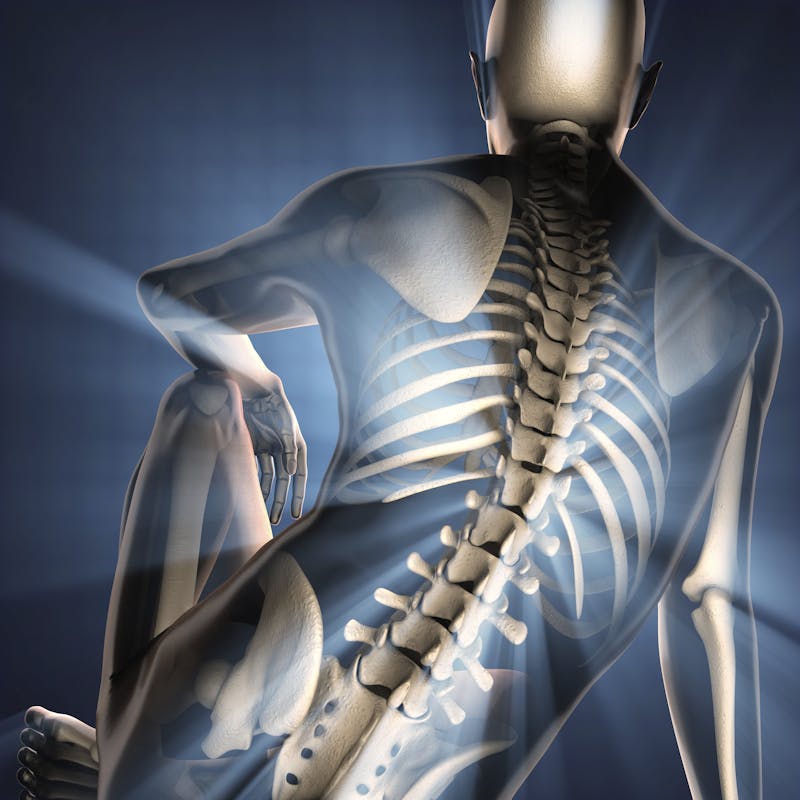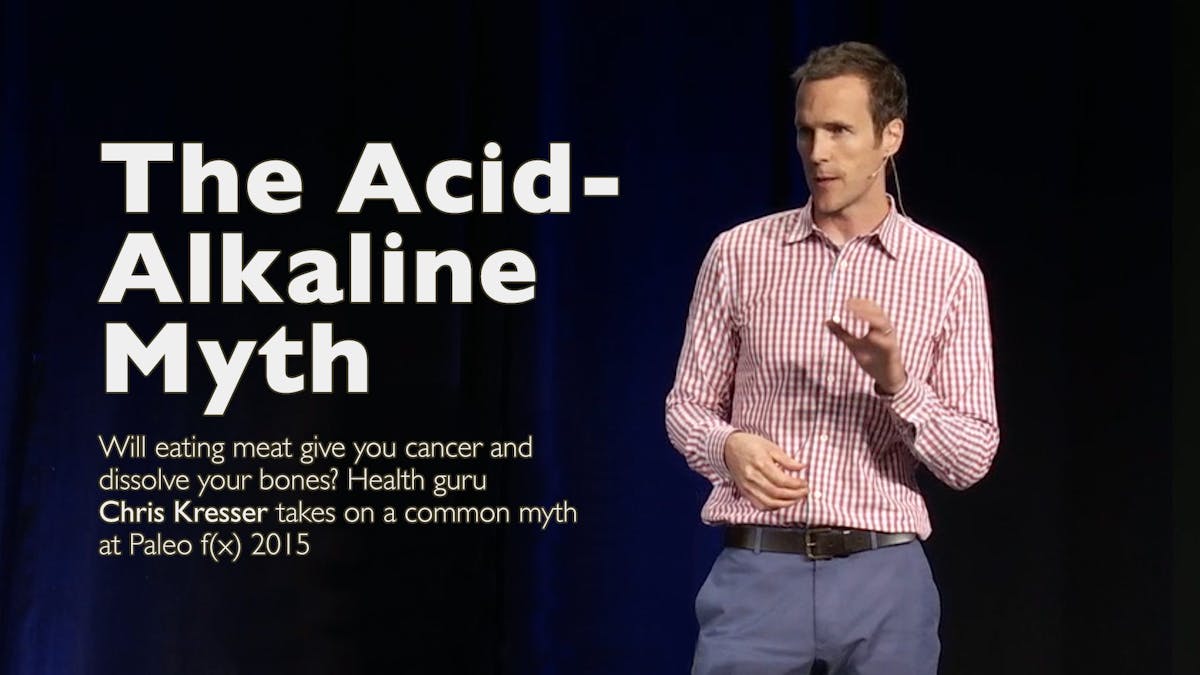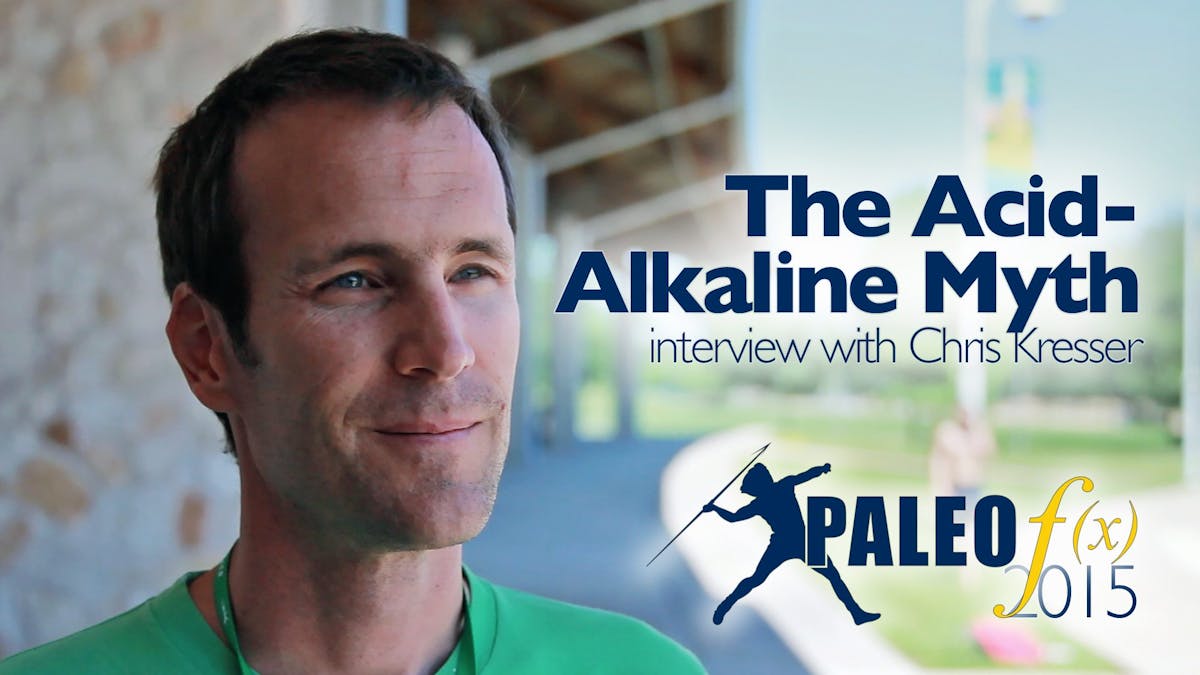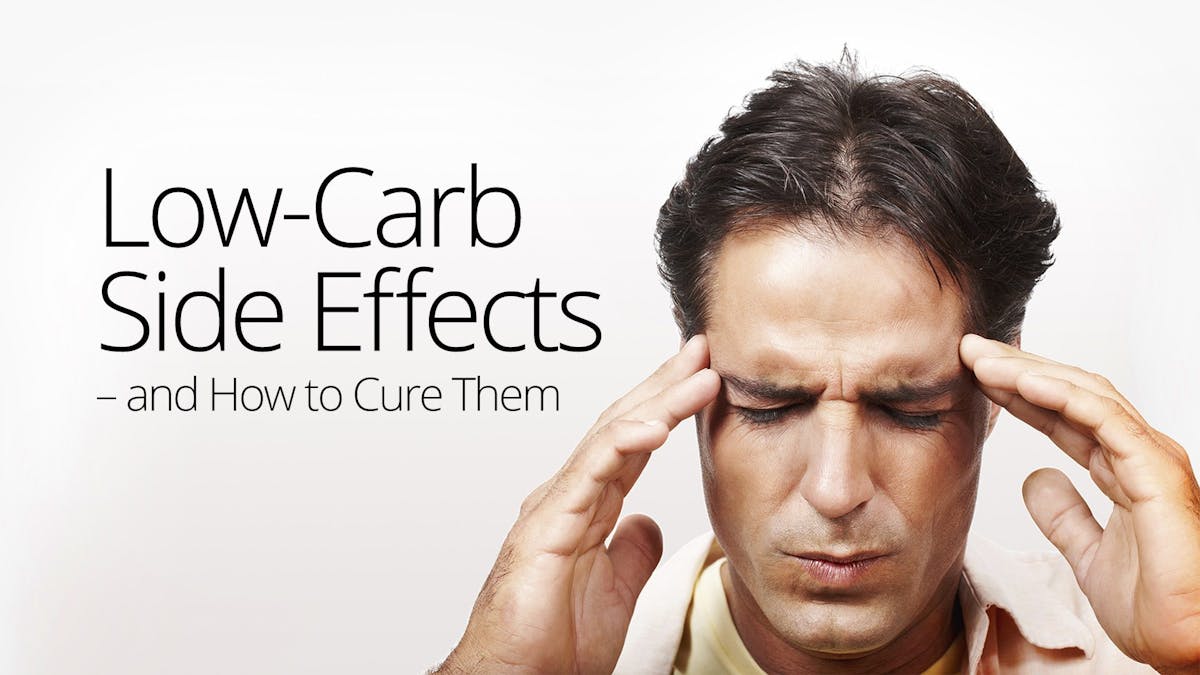What does low carb do to your bones?

What does low carb do to your bones? There is a lingering idea that eating low carb could result in osteoporosis, due to making blood acidic and leeching minerals from the bones.
However, this theory has a few problems. For example, under normal circumstances the pH of the blood does not change depending on what diet you eat. The blood pH is tightly controlled within a very narrow span – or we’d die.
Testing the theory
More importantly, this idea has been tested several times.
In four separate studies, groups of people consumed either a strict low-carb diet (around 20-30 grams of net carbs a day) or a high-carb diet and were followed for up to two years. At the end of each study, results from both groups were compared.
Whether tracking markers of bone loss, or checking the bones with radiological methods (DEXA scans), the results were the same every time. Guess what?
Zero difference between the groups. Nothing happened to bone strength.
- Frontiers in Endocrinology: Long-term effects of a novel continuous remote care intervention including nutritional ketosis for the management of type 2 diabetes: A 2-year non-randomized clinical trial
- Nutrition Journal: Long-term effects of a very low carbohydrate weight loss diet and an isocaloric low-fat diet on bone health in obese adults
- Annals of Internal Medicine: Weight and metabolic outcomes after 2 years on a low-carbohydrate versus low-fat diet
- The Journal of Pediatrics: Efficacy and safety of a high protein, low carbohydrate diet for weight loss in severely obese adolescents
Time to let go of the myths
It’s high time to let go of the old acid-alkaline myth. Clearly bone strength is unaffected on a strict low-carb diet. The bones do fine.
Another idea is that high protein diets could negatively impact bones. This is probably not just wrong but the opposite of the truth. Bones are partly built by protein, and a recent study showed that women’s bones seem to get weaker on a low-protein diet.
Bones – like the rest of the body – need a sufficient amount of protein to stay strong. But carbs are not required.
Earlier


New study claims paleo diet causes diabetes and obesity, for people who are mice
What could happen if you took the low-carb challenge?

